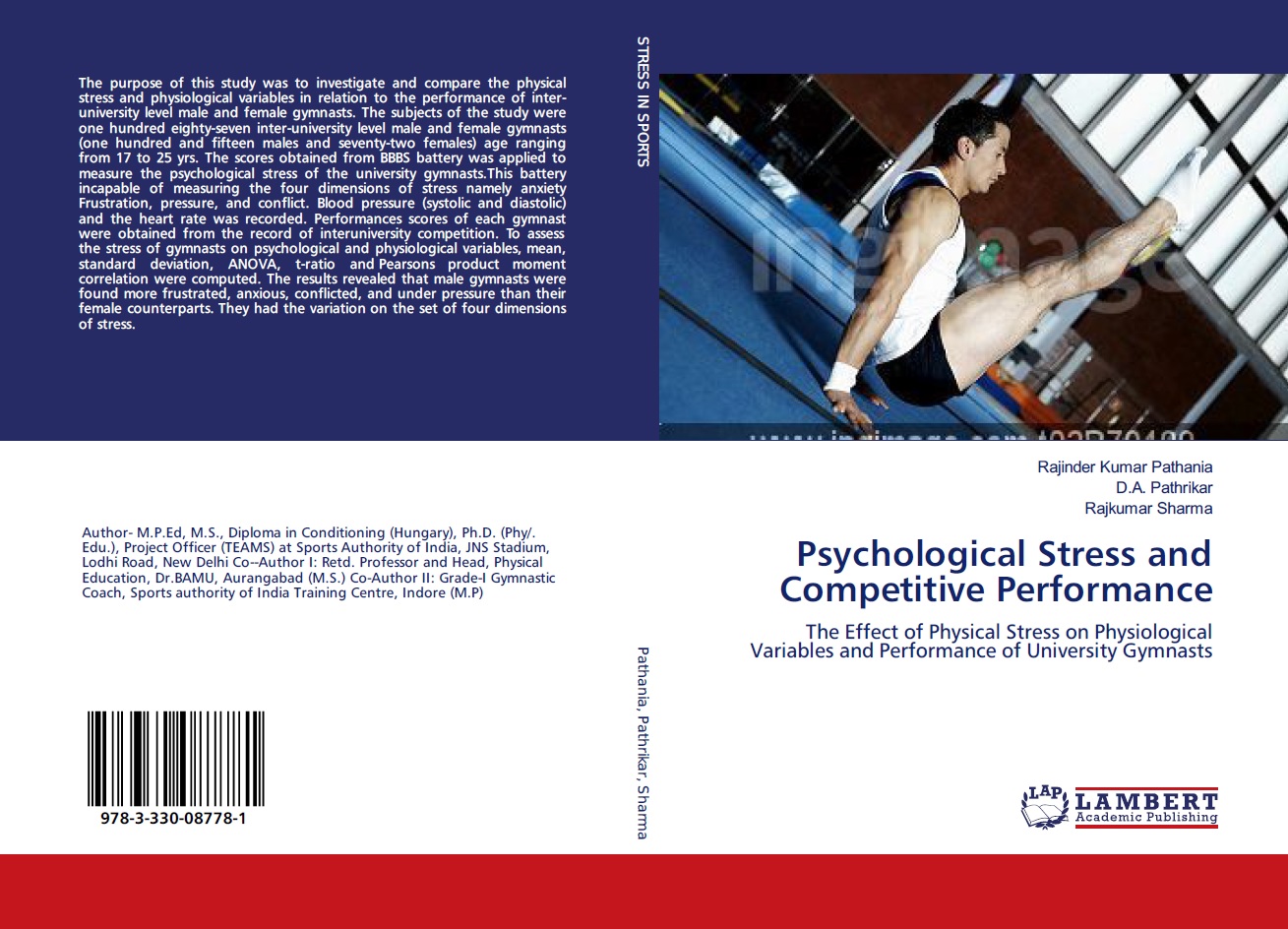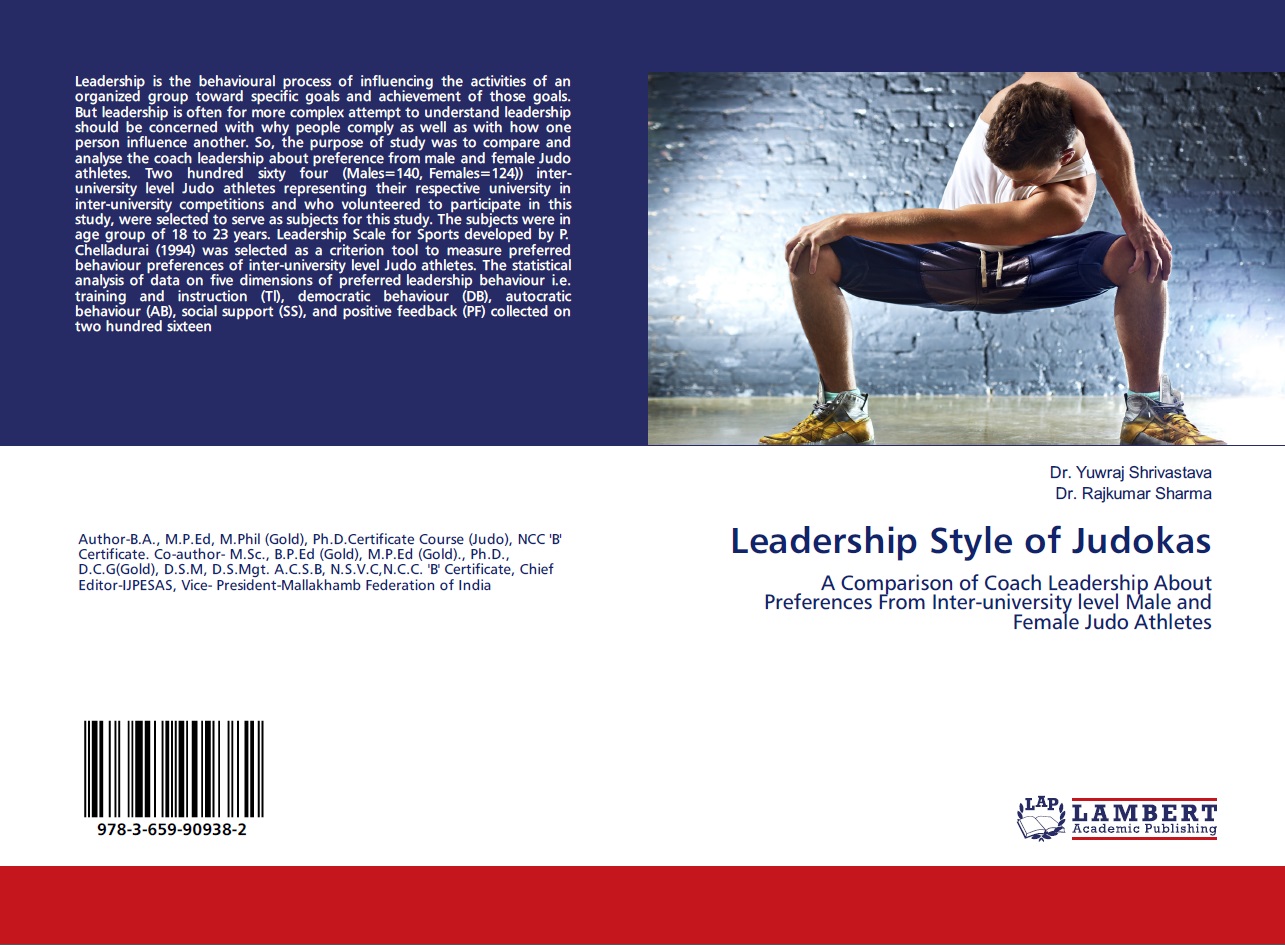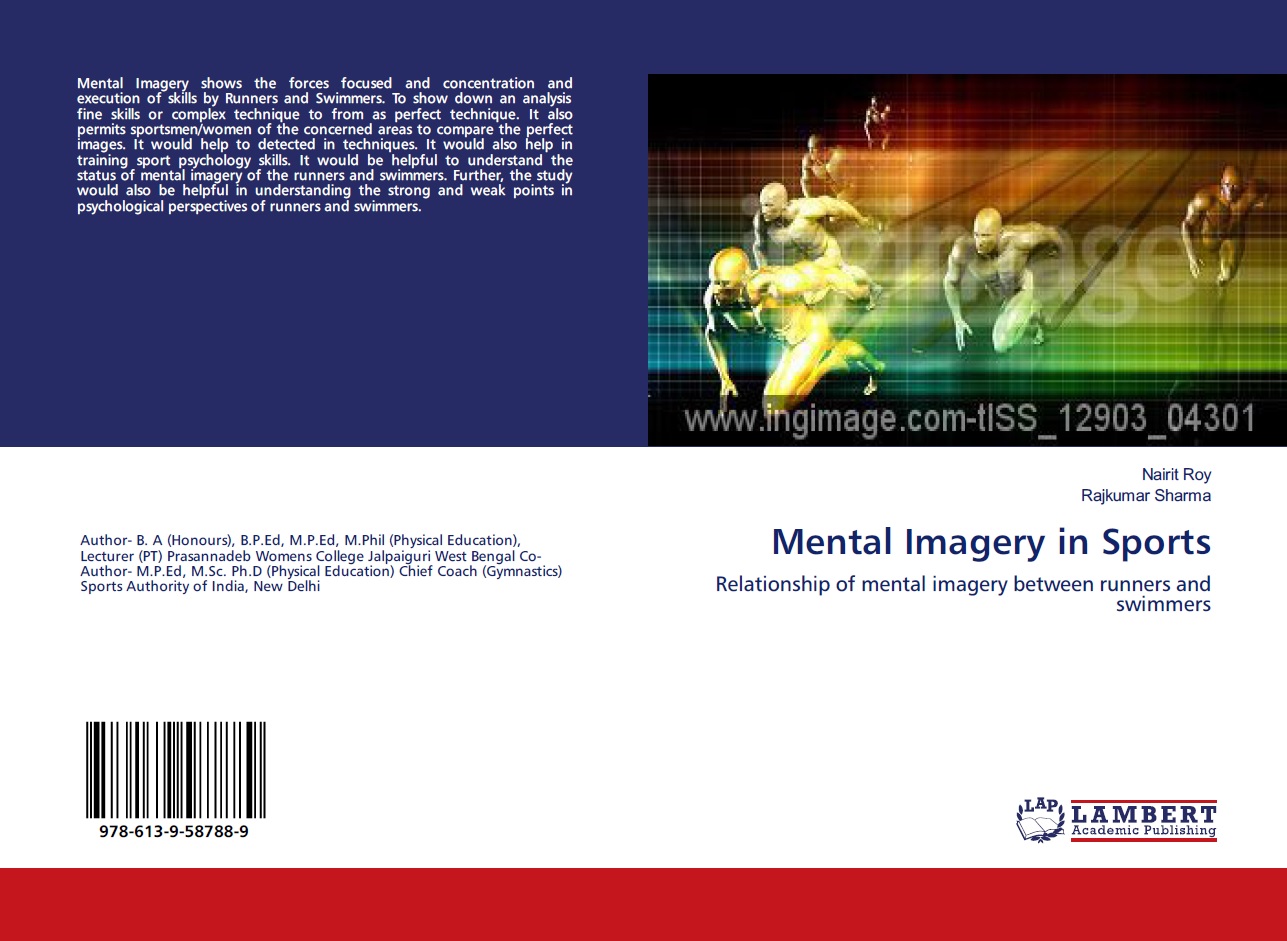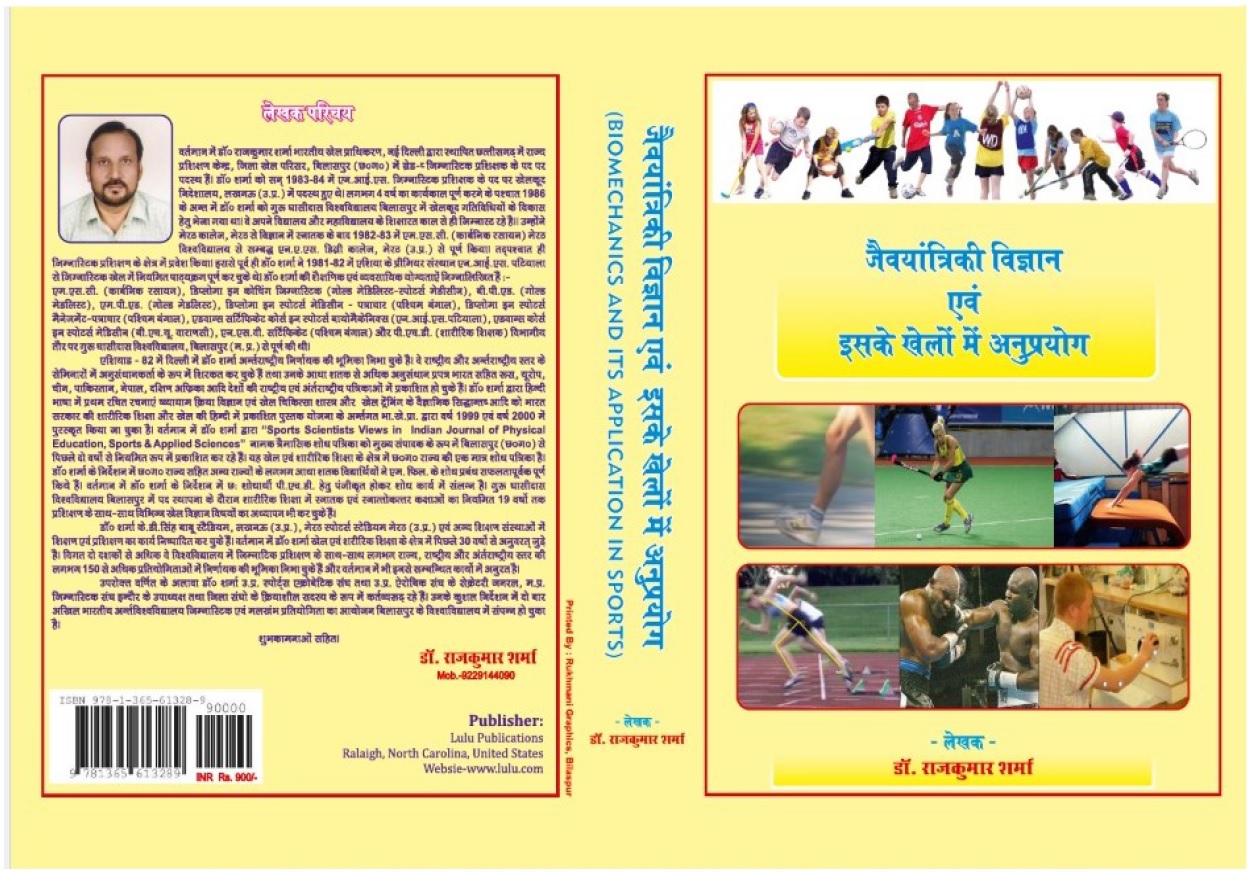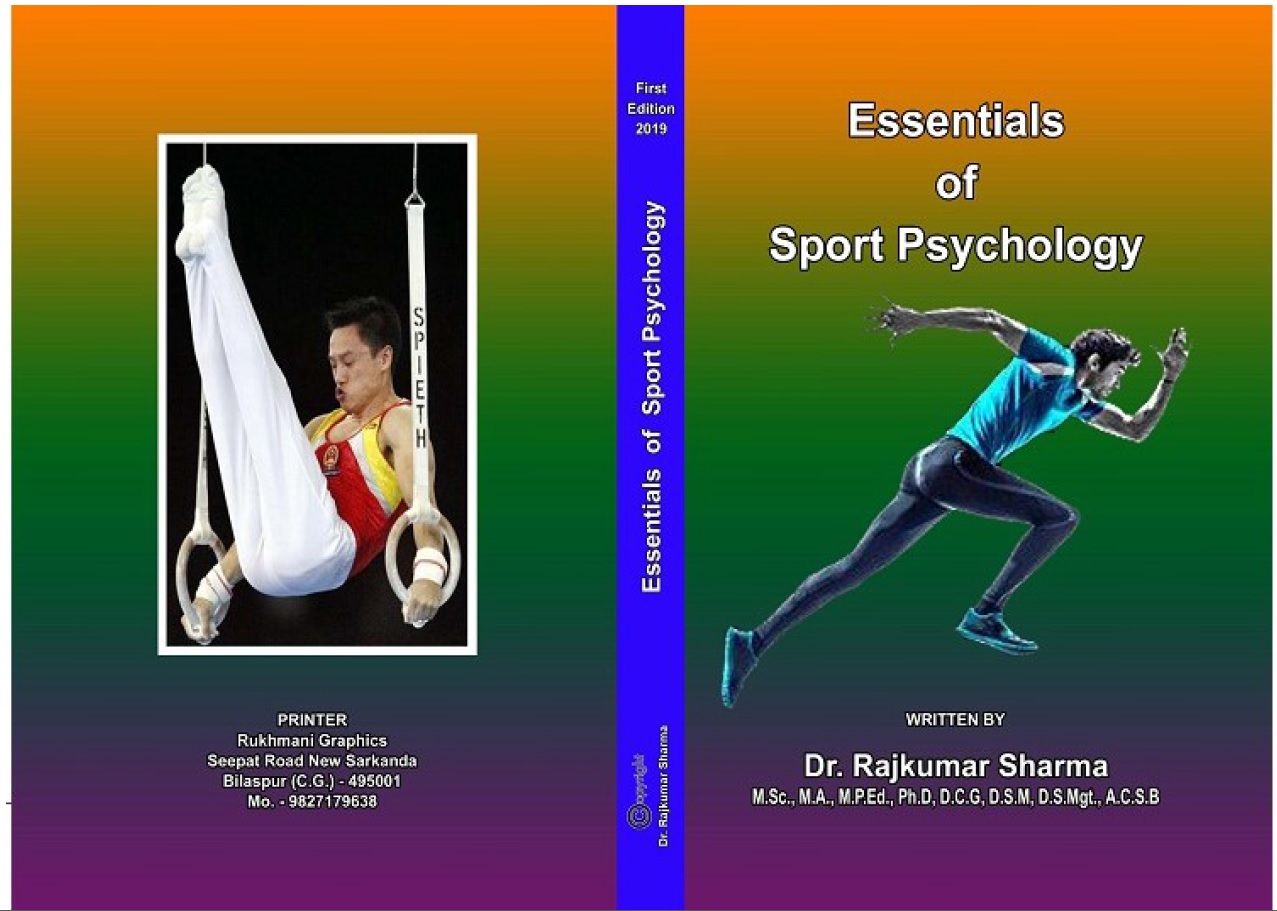| S.No. | Total View Count | Title of Manuscript | Page No | Download/ PDF |
|---|---|---|---|---|
| 1 | THE EFFECT OF AN ADAPTIVE LOCAL INDIGENOUS GAMES THERAPY ON AGGRESSION IN EDUCABLE MENTALLY RETARDED PEOPLE Author: Fakhroldin asadi farsani 1 Mehdi namazizadeh2 Rokhsare badami3 | 159-166 |  7 7 |
Article info
https://doi.org/10.17605/OSF.IO/J2HA
doi no.: 05-2016-44975451, DOI Link :: https://doi-ds.org/doilink/06.2021-18758879/IJPESAS/V11/I2/A23
AFFILIATIONS:
- PhD Student, Department of Physical Education and Sport Sciences, Isfahan (Khorasgan) Branch, Islamic Azad University, Isfahan, Iran , Fakhroldin.asadi@yahoo.com
- Associate Professor, Department of Physical Education and Sport Sciences, Isfahan (Khorasgan) Branch, Islamic Azad University, Isfahan, Iran , drmnamazi@yahoo.com
- Associate Professor, 3Department of Physical Education and Sport Sciences, Isfahan (Khorasgan) Branch, Islamic Azad University, Isfahan, Iran , Rokhsareh.badami@gmail.com
The study aims to investigate the effect of adaptive local indigenous games on aggression in educable mentally retarded people. The Experimental and field study was a quasi-experimental. The statistical population of this research comprised girls and boys with mental disabilities who are studying in exceptional children's primary schools in Chaharmahal and Bakhtiari province in the academic year of 1998-99. Among them, 40 people, whose IQ was equal to 50 to 70 in the Raven IQ test, were randomly chosen as the sample. The analysis tools of the study were the aggression questionnaire of Bahrami et al. (2008), the Wineland Adaptive Behavior Questionnaire, and the Henderson and Sagden (1992) Children's Motion Assessment Test (M-ABC). Shapiro-Wilk test, Levin test, Pearson correlation coefficient and univariate covariance analysis were used to analyze the data.It should be noted that all steps of data analysis were implemented using SPSS software version 23 at a significance level of 0.05.The results revealed that a course of adaptive local indigenous games had a significant effect on the aggression of educable mentally retarded children.And has improved aggression in educable mentally retarded children.According to the results, local indigenous games can be practiced to improve the aggression of educable mentally retarded children.
Keywords: Indigenous and local games, aggression, mentally retarded people, Chaharmahal and Bakhtiari.
References
Akay, S., & Bratton, S. (2017). The effects of Adlerian play therapy on maladaptive perfectionism and anxiety in children: A single case design. International Journal of Play Therapy, 26(2), 96.
Arjmandnia, Ali Akbar; Mahki, Farhad; Sharifi Jundani, Hamidreza; Heydari, Khudabakhsh. (1396). Evaluation of the effectiveness of physical education program on improving the social competence of students with mental disabilities in the pre-vocational course, exceptional education, 17 (2), 29-38.
Asghari Nikah, Seyed Mohsen. (1388). Educational-Restorative Applications of Iranian Indigenous Games in Education and Rehabilitation of Children with Special Needs, Exceptional Education, 90, 3-15.
Bradinova, I., Shopova, S., & Simeonov, E. (2005). Mental retardation in childhood: clinical and diagnostic profile in 100 children. Genetic counseling, 16(3), 239-248.
Baroff, G. S., & Olley, J. G. (2014). Mental retardation: Nature, cause, and management. Routledge.
Ghiji, Hamid Reza; Kordi,Hasan; Farrokhi, Ahmad; Bahram, Abbas (1392). The Effect of Local Indigenous Games and Ordinary Games on the Development of Manipulation Skills of Educable Mentally Retarded Boys, Quarterly Journal of Lorestan University of Medical Sciences, 15 (5), 61-71.
Jaydari, M., Rouzbahani, M., & Hasanvand, R. (2016). The Effect of Traditional Games on the Development of Transfer and Manipulation Motor Skills in Boys with Mental Retardation. International Journal of Physical Education, Sports and Health, 3(6), 134-136.
Kangasniemi A, Lappalainen R, Kankaanpaa A, Tammelin T. (2014). Mindfulness skills, psychological flexibility, and psychological symptoms among physically less active and active adults. Mental Health and Physical Activity, 7, 121- 127.
Kirk, S., Gallagher, J. J., Coleman, M. R., & Anastasiow, N. J. (2014). Educating exceptional children. Cengage Learning
Nazarpour, Esmat; Badami, Rokhsareh. (1395). Comparison of the effect of local indigenous games and rhythmic yoga movements on aggression and adaptive behavior of girls with intellectual disabilities, Journal of Disability Studies, 6, 251-256.
Ritzi, R. M., Ray, D. C., & Schumann, B. R. (2017). Intensive short-term child-centered play therapy and externalizing behaviors in children. International Journal of Play Therapy, 26(1), 33.
Predovan D, Fraser S.A, Renaud M, Bherer L. (2012). The effect of three months of aerobic training on stroop performance in older adults. Journal of aging research. 1-7.
Robinson, A., Simpson, C., & Hott, B. L. (2017). The effects of child-centered play therapy on the behavioral performance of three first grade students with ADHD. International Journal of Play Therapy, 26(2), 73.
Salter, K., Beamish, W., & Davies, M. (2016). The effects of child-centered play therapy (CCPT) on the social and emotional growth of young Australian children with autism. International Journal of Play Therapy, 25(2), 78.
 admin@sportscientistsviews.com
admin@sportscientistsviews.com

